
Coronavirus: Journalists Grapple With Their Emotional Health During The Pandemic
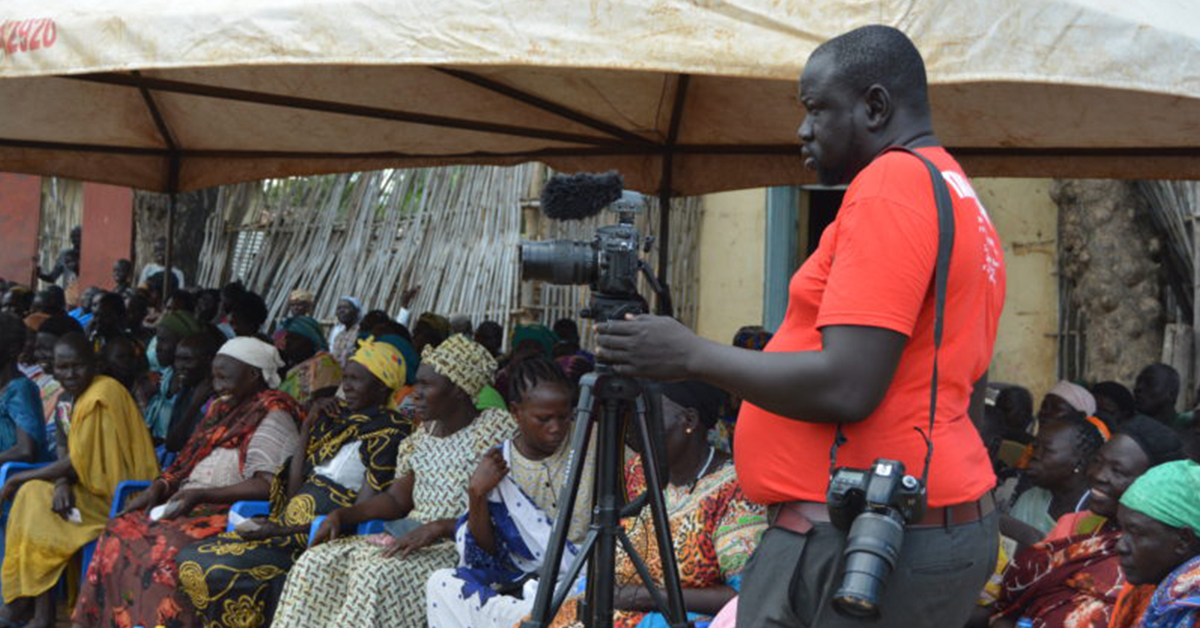
South Sudan Journalist Samir Bol 2018. Photo By David Mono Danga
By Damaris Kiilu
“Just like any other reporter covering the coronavirus pandemic you end up feeling like you have contracted the disease”
Nairobi, Kenya: On May 3, The World Marked the 2020 World Press Freedom Day (WPFD) with Scribes confined within the four walls of their houses.
An important day in the journalists’ calendars, WPFD provides a time to reflect on the development and trends in this field.
In addition, as the world grapples to come to terms with the new norm brought about by the coronavirus, journalists struggle with the emotional baggage that came with the announcement of the presence of the dreaded virus on March 13, 2020 by the Health Cabinet Secretary Mutahi Kagwe.
In a one on one interview with The Insider, Kennedy Wandera a prominent radio Journalist pointed out that the fear of contracting the disease is present every time you are confronted with an assignment to cover.
“Just like any other reporter covering the coronavirus pandemic you end up feeling like you have contracted the disease and especially when doing the stories regarding those that are in quarantine or those that are in hospital, citing that your thoughts get triggered after the day’s activities,” said Wandera.
He points out that these are hard times for him when reporting on this pandemic because he has never found himself in such a situation.
“The mind games are real. So many times I end up feeling like I have the Covid-19 symptoms, however, I am clean of the disease,” added Kennedy Wandera
With the massive job losses and pay cuts in different media houses, Wandera notes the situation in almost all media houses is heartbreaking adding that some of the Journalists will end up losing hope or even getting into depression for lack of motivation during this tough economic times.
“Technology in Journalism is very important especially now that a large number of people journalists included are working from home and therefore it’s high time that as reporters we embrace technology and work with speed as the world is changing”,Wandera added.
A scribe whose name is withheld, shares her experience of having been sacked from her workplace yet she was the only sole breadwinner of her household with young kids to take care of.
“The Human Resource Manager called for a brief meeting where it was decided that because of the covid-19 pandemic that has affected the economy, our services were no longer needed and were instructed as we leave the working station to pick our termination letters and remember to carry along everything that does not belong to the station”,the scribe noted.
She added that since then things have not been easy, as she has tried venturing into business in order to feed her family, praying that a day comes when the health ministry will announce the end of the coronavirus pandemic.
“I urge all the media owners to treat journalists well because most of them go without salaries for a long period of time as most of them are on contract basis and any time the contracts can be terminated, hence they also need someone who can speak for them because they are suffering,” she concludes
Initiatives such as the food bank that was founded by a group of Scribes dubbed The Scribes 254, has been reaching out to look at the welfare of the journalists in the country
The move, led by Roncliffe Odit, a British Broadcasting Corporation (BBC) journalist has been reaching out to journalists to ensure they got emotional and physical support.
His efforts included conducting zoom calls with fellow journalists just to check up on how they are doing and share ideas on coping with the current times.
“It was nice to unwind and catch up with each other. A sort of reunion that made us encourage each other and share opportunities especially for grants,” he added
The Scribes have also been distributing food bags to various Journalists spread across the nation.
“We contributed some money which was used to buy food stuff and identified those among us who had been affected in areas such Nairobi,Mombasa,Kilifi,Nakuru and Kajiado where we selected representatives to make sure the food stuff was delivered”, said Odit in an interview.
The Kenya Union of Journalists (KUJ) Secretary-General Eric Oduor, noted that different measures have been put in place in collaboration with other stakeholders to help support journalists who have been affected by Covid-19.
“We urge Journalists who have been affected to come out and seek the help they require. I also urge media houses to support their Journalists by protecting them in their line of duty,”Oduor added
In a paper published in April in the Lancet Psychiatry Journal, researchers called for better monitoring of mental health as a part of the pandemic global response to the pandemic.
Riziki Ahmed, a clinical psychologist has noted that job losses at such a time could be quite devastating citing that this could be a leading cause of depression.
“During this time, I urge journalists to come out and seek counseling services as they cover stories related to the pandemic. This will keep their mental health in check while help them avoid sinking into long term effects such as Post-Traumatic Stress Disorder (PSTD). Above all, embrace self-care and body exercise such as taking a walk and reaching out to close friends when they feel stressed,” she concluded.

















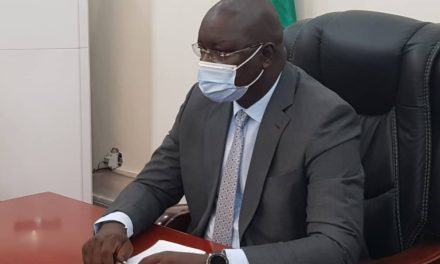
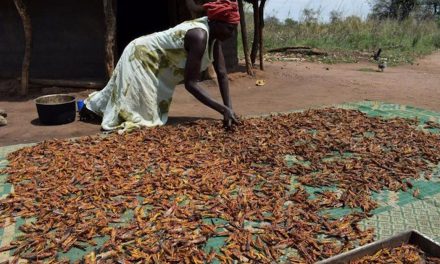
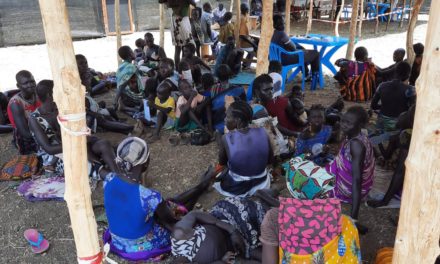
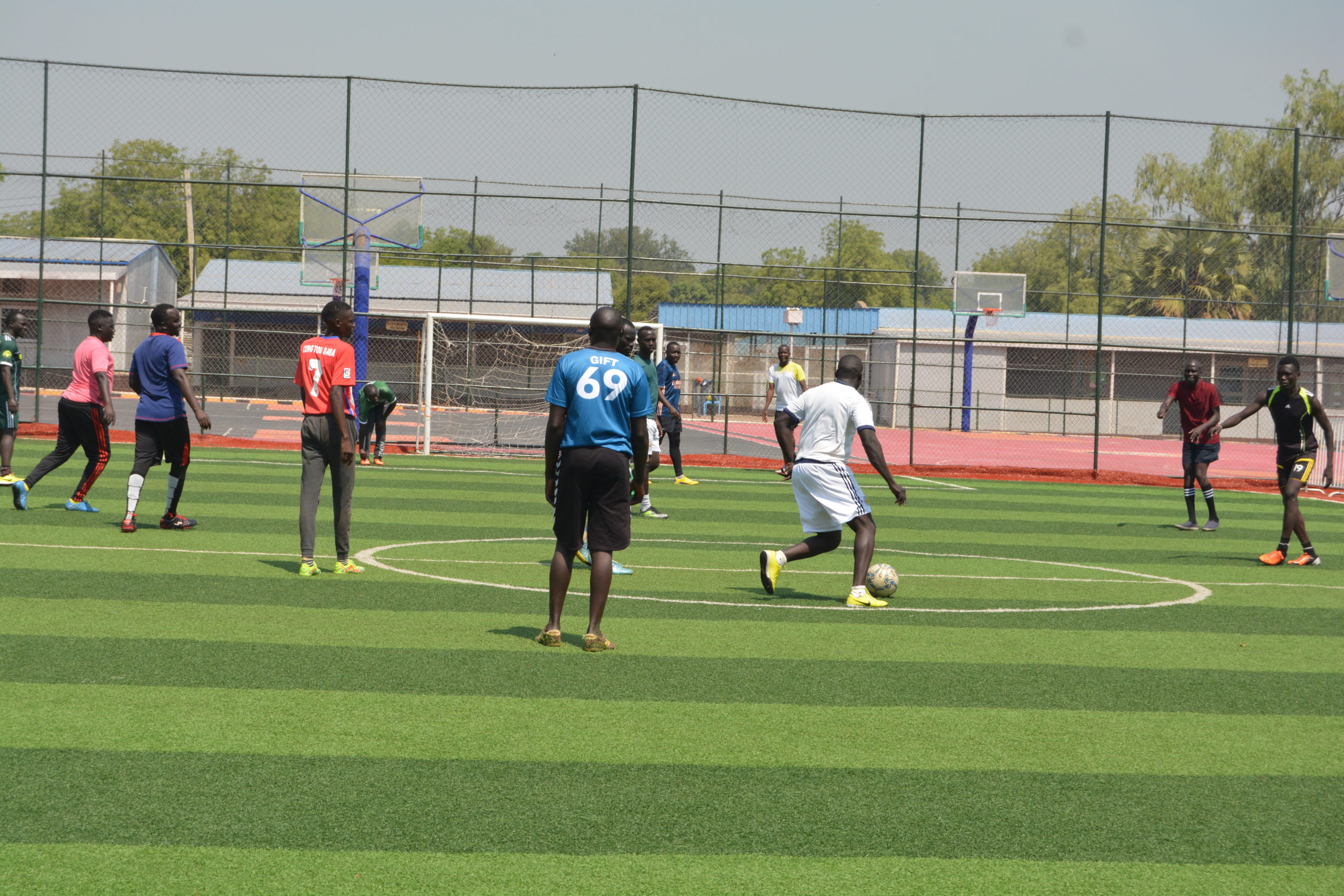
Recent Comments